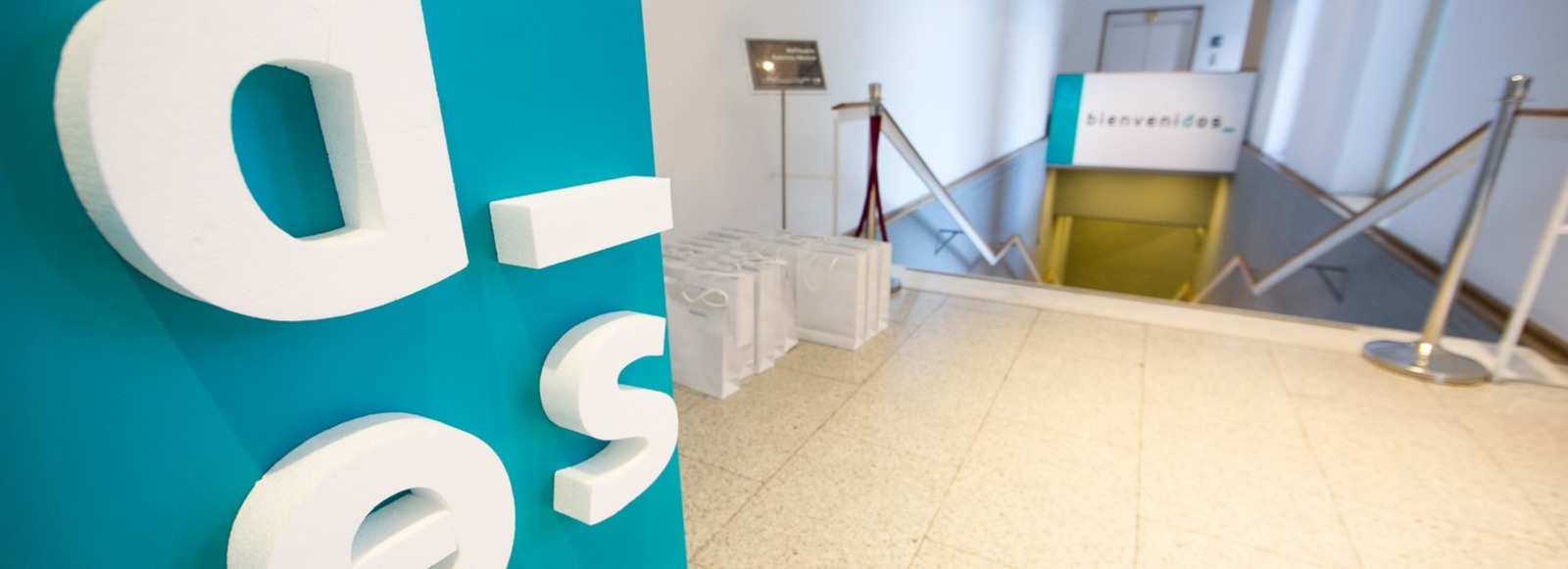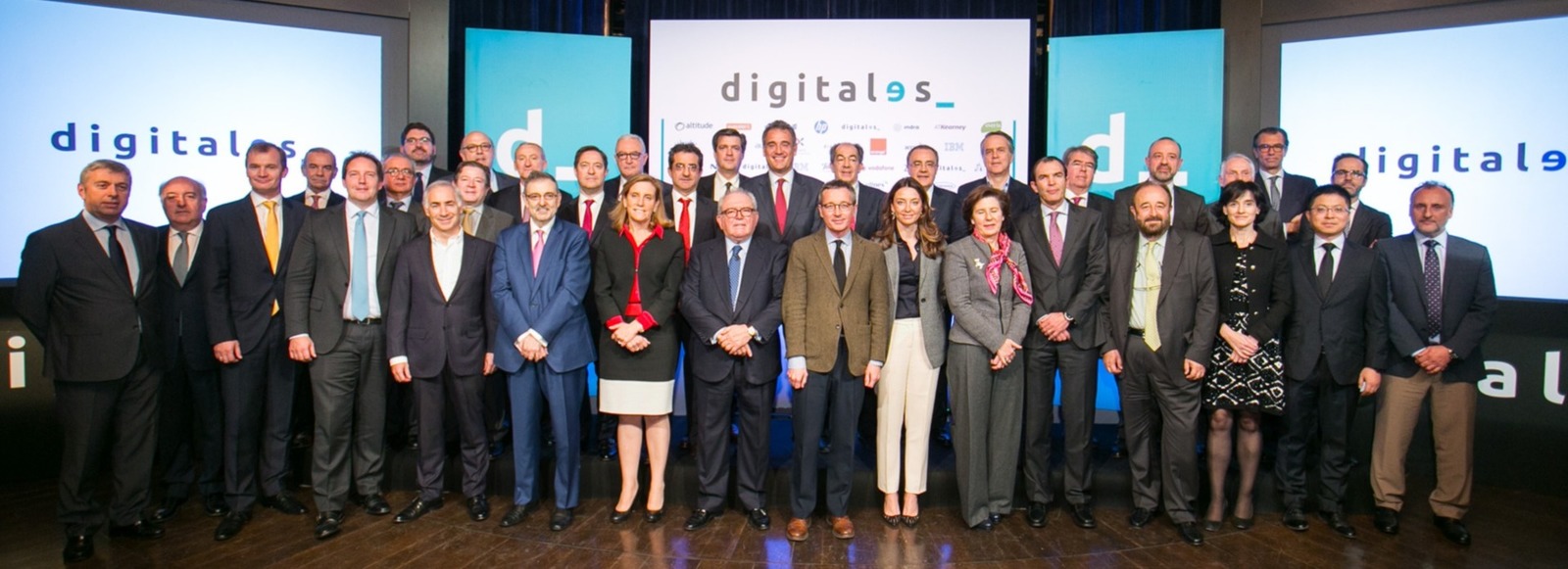10/01/2018
It is the fashionable acronym, the word that defines technologically advanced societies. STEM stands for science, technology, engineering and mathematics, and is used to designate the academic disciplines of science, technology, engineering and mathematics. And all the experts agree: they are the ones that will move the labor market.
According to a Randstad report, technology, robotics and automation will create around 1,250,000 jobs in Spain in just five years. Of these 390,000 will be STEM jobs. And around them will orbit all the others, middle-skill jobs that will support STEM, such as electronics technicians coming from modules or vocational training; or indirect jobs in restaurants, retail or construction that will be created around the more skilled workers.

However, there is no need to go back to the future. STEM disciplines are already driving the economy and the job market. The companies that make up Asociación Digitales have more than 54,000 STEM graduates. This is a very high proportion and one of the reasons why only 32 companies generate 3% of Spain’s GDP.
This is the first time that a group of companies has carried out a similar measurement in Spain and the data are highly relevant. 52% of the jobs at Digitales_ are held by STEM graduates and this has a clear reading: they represent a relevant critical mass that is ready to carry out the technological revolution.
Of course, Digitales_’s commitment to STEM subjects is unequivocal. And that conviction starts with education. It is vital that children are not afraid of mathematics, that they learn by playing and that they enjoy it. We propose that the teachers who teach these subjects must have STEM degrees. Passion can only be transmitted from passion, and it is clear that those in charge of teaching science or engineering must be the engineers themselves.

Supported, of course, from home. Future inventors are also encouraged to play games, and there are currently a large number of «STEM toys» that allow children to develop and materialize their own ideas, favoring concentration, improving spatial and mathematical logical thinking and stimulating motivation by making them responsible for their own project.
From the eternal Lego to toys and puzzles such as Tangram and Funny gears! to programming languages such as Scratch or robots such as Edison. The offer is wide and stimulating and above all, meets a priority objective also for Digitales_ and the entire Spanish society: to work in the creation of talent.










